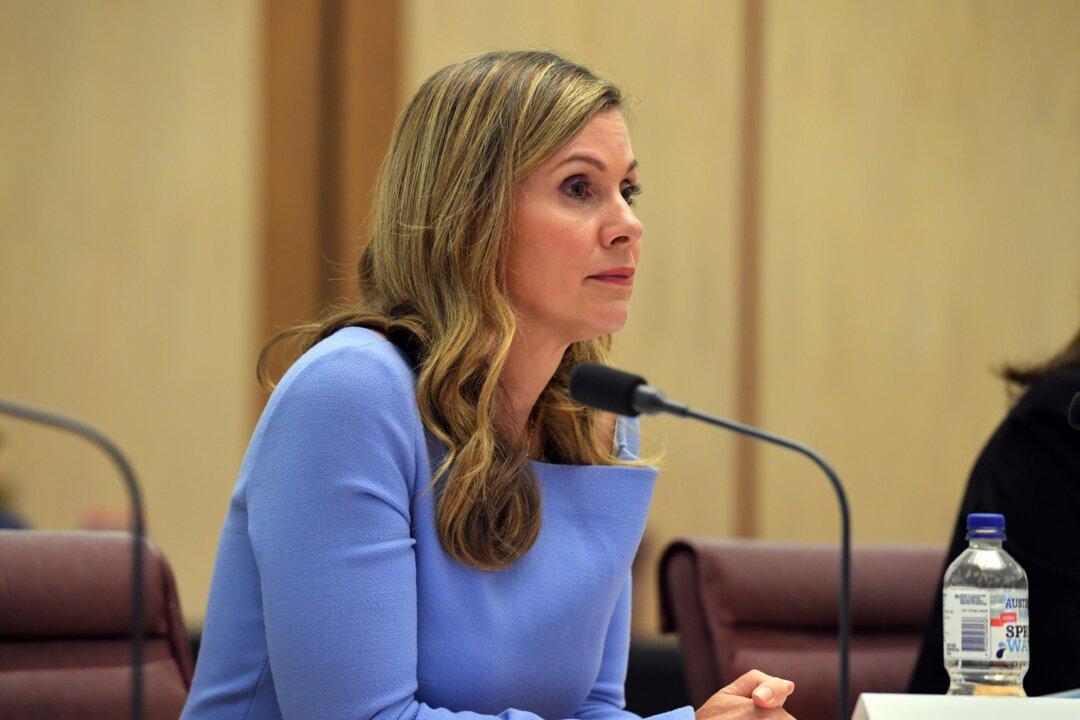Australian taxpayers have been billed over $40,000 for the eSafety Commissioner’s four-day trip to the World Economic Forum (WEF) 2024 annual meeting, where she pushed for tighter rules on online safety.
In January, Ms. Inman Grant, accompanied by a staff member, spent four days meeting senior executives in the artificial intelligence and immersive technology field at the WEF in Davos, Switzerland.




